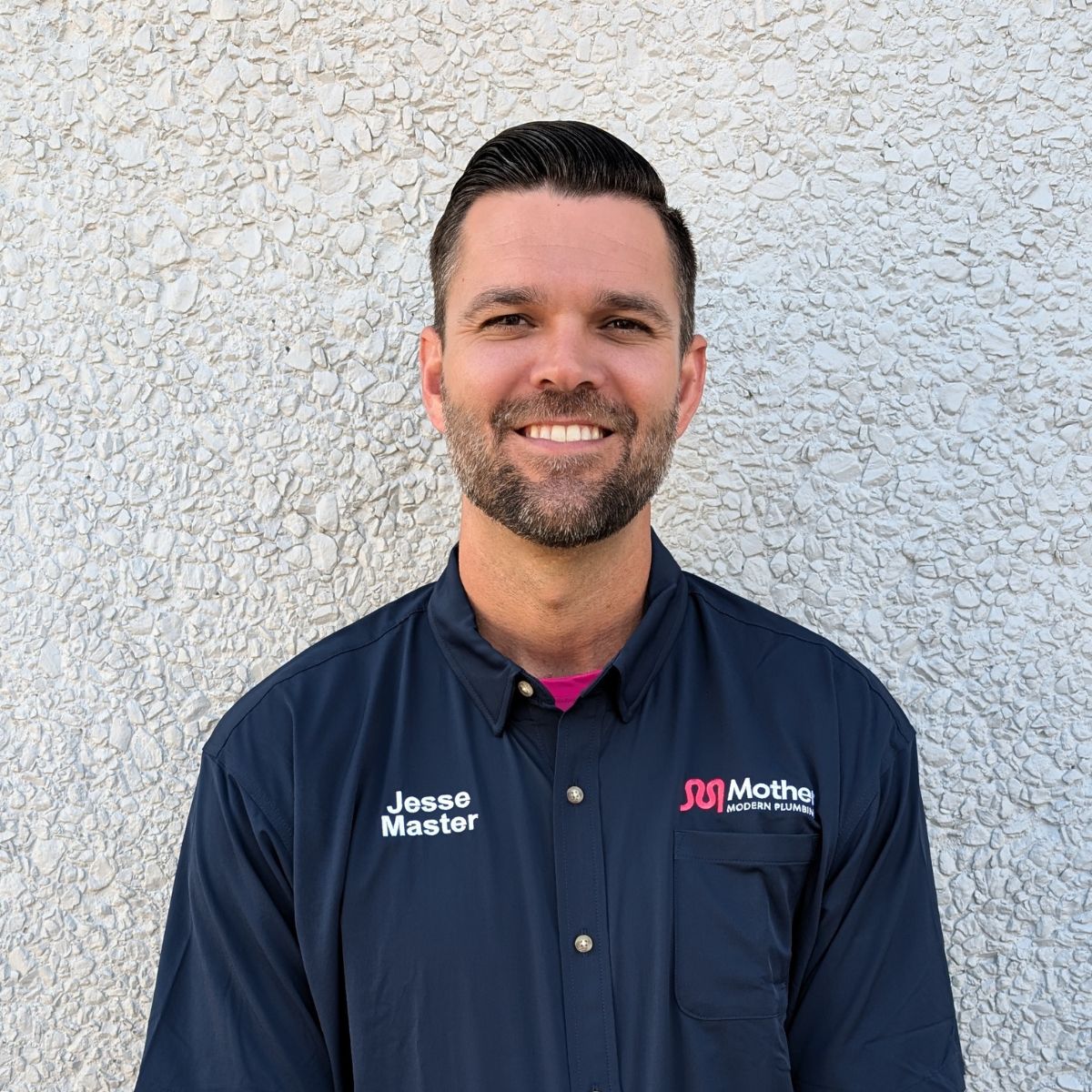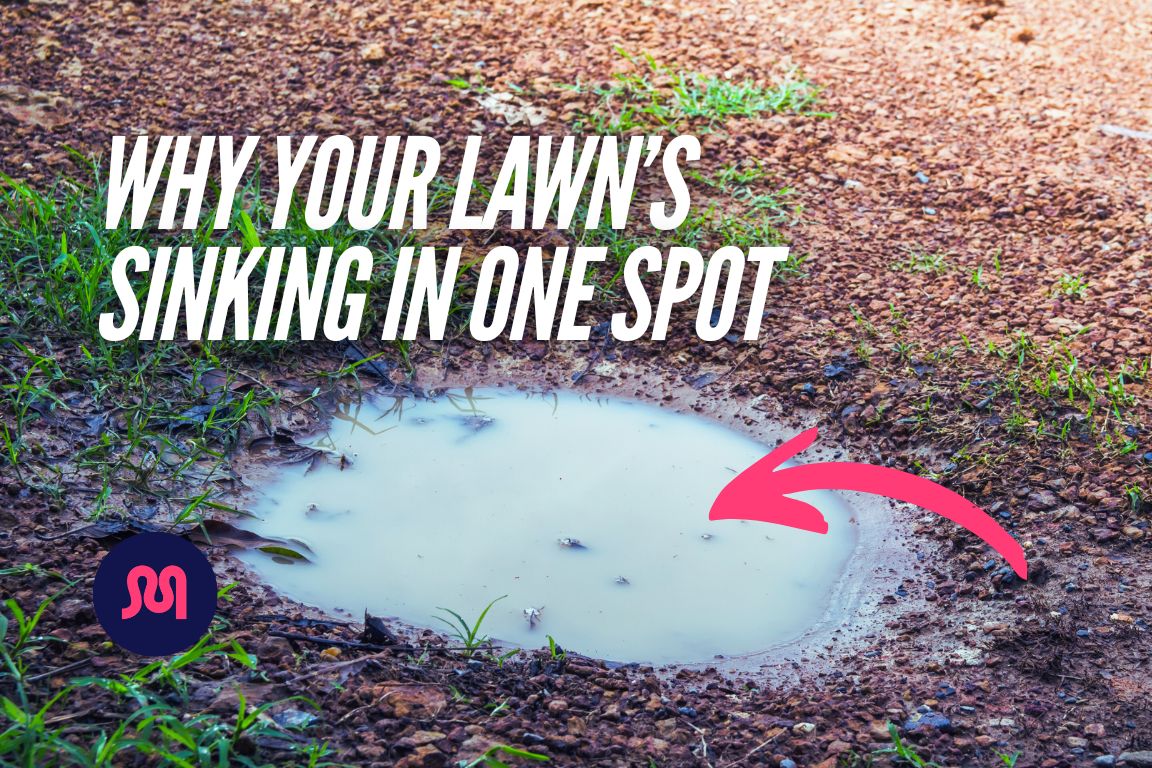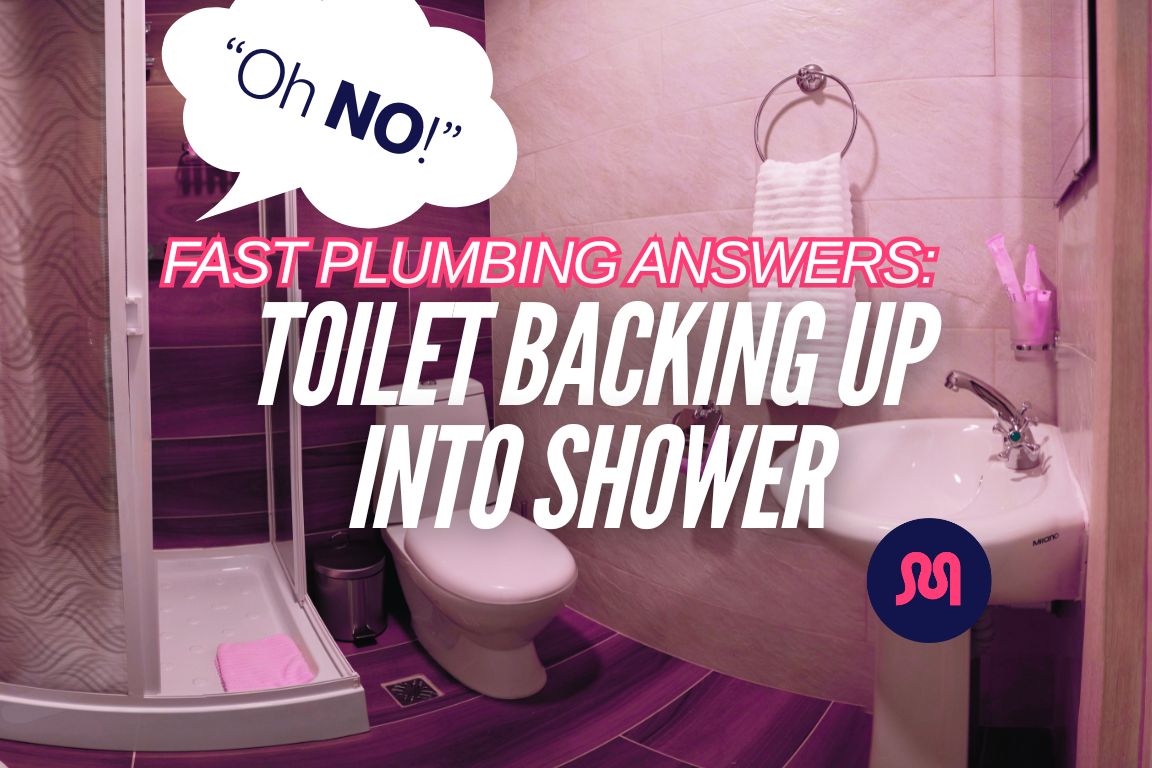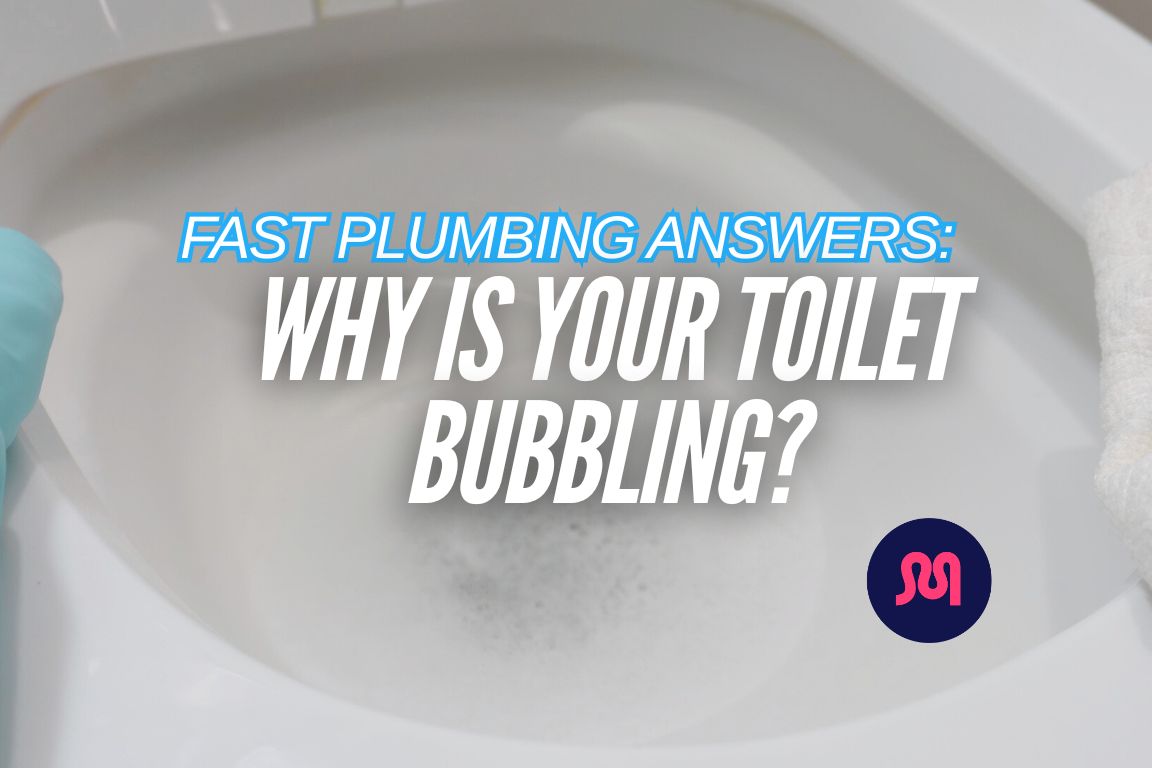Fast Plumbing Answers: Tankless Low Flow Problem?
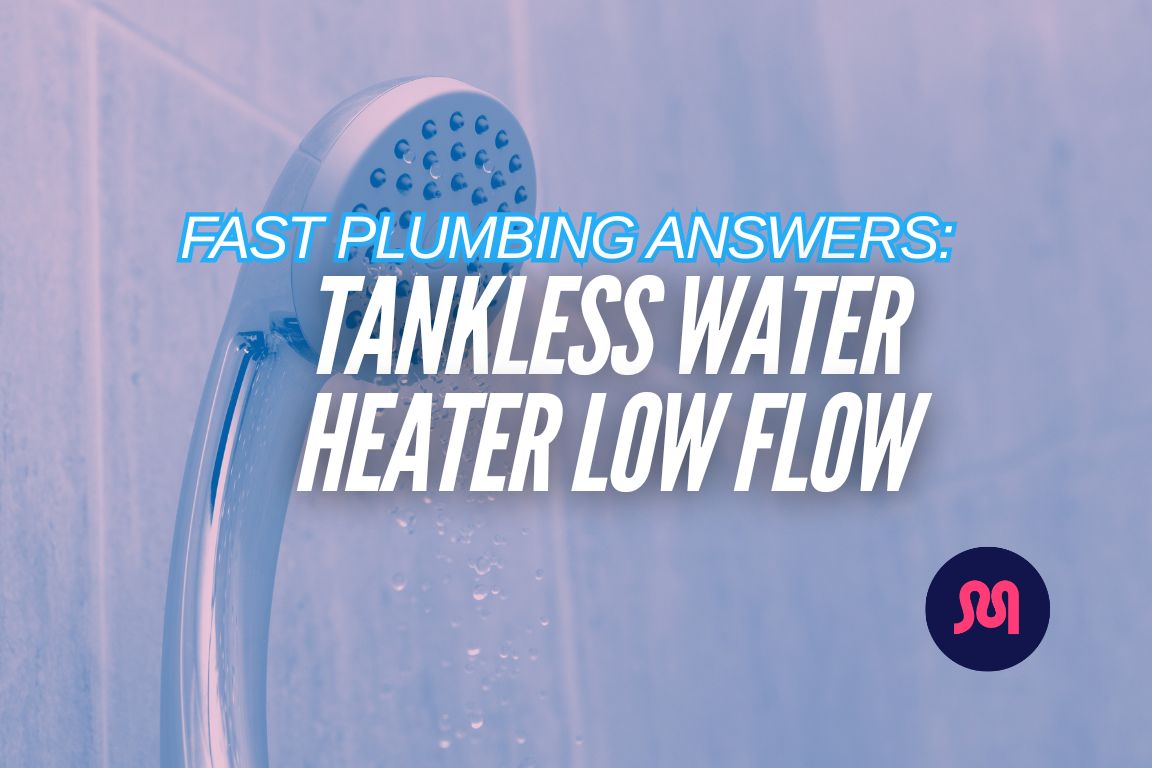
table of contents
table of contents
Weak showers, slow-filling washing machines and poor dishwashing performance. If you’re suffering with a tankless water heater low flow problem, you’re likely dealing with these disruptions to your daily routine. But what causes low flow issues from your tankless unit?
Don’t worry- we’ll answer all your questions in 2 minutes or less.
We’re Mother, a Dallas-Fort Worth plumbing company focused on clear, direct solutions to modern home plumbing issues. Our team addresses multiple tankless water heater repair and maintenance issues every week- our Master Plumber says your low flow problem is most likely due to scale and sediment buildup limiting water flow into your system.
Need tankless repair or maintenance in Dallas now? Call Mother 7 days a week for expert diagnosis and precision repairs- we’ll have a plumber there within 24 hours.
{{tankless-water-heater-repair="/services/tankless-water-heater-repair"}}
Tankless Water Heater Low Flow Problem: The #1 Cause
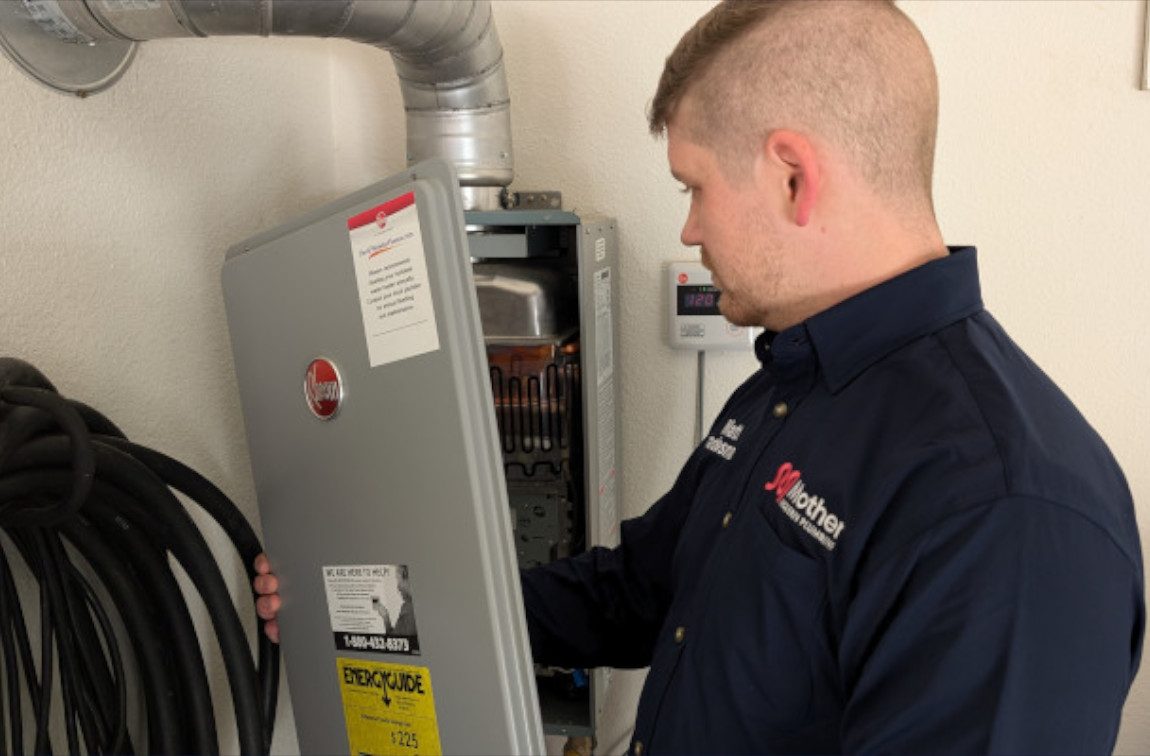
We asked our Master Plumber Jesse Crane for the leading cause of low flow problems in tankless water heaters. His simple answer: “Scale and sediment buildup.”
When hard water enters your tankless water heater, it brings three damaging things with it:
- Hard minerals (calcium, magnesium, and calcium carbonate)
- Partially dissolved solids
- Sediment and debris
Together, these form deposits and buildup in three crucial components of your system: the inlet filter and the flow sensor.
Clogged inlet filters and low flow problems
Your inlet filter includes a fine screen that traps sediment and hard minerals before they enter your tankless water heater. As these materials accumulate, they clog and block the inlet. As a result, less external water flows into your water heater.
When you turn on a hot water faucet, the clogged inlet filter prohibits you from receiving the full amount of water you expect- this directly leads to low flow problems.
Jesse advises homeowners to “clean out the filter on the inlet regularly” to avoid these issues- ideally every 6 to 8 months in regions with hard water issues.
How scale and sediment disrupt your flow sensor
The flow sensor is a built-in device that detects how much water enters your tankless heater, then signals your control board to activate the heating mechanism and maintain a consistent temperature.
Mineral scale buildup on your flow sensor leads directly to inaccurate water flow measurements- it won’t report the proper amount of water in the system to the control board. This limits your tankless system’s ability to properly heat water, as it doesn’t “know” how much water to heat in the first place.
“Have your tankless descaled to remove buildup from the flow sensor and other internal components,” Jesse advises. As with inlet filter cleaning, it’s best to descale your tankless system every 6-8 months in areas with hard water concerns.
{{fast-plumbing-answers-tankless-water-heater-won-t-ignite="/blogs/fast-plumbing-answers-tankless-water-heater-won-t-ignite"}}
Minimum Flow Rate: A Less Common Cause
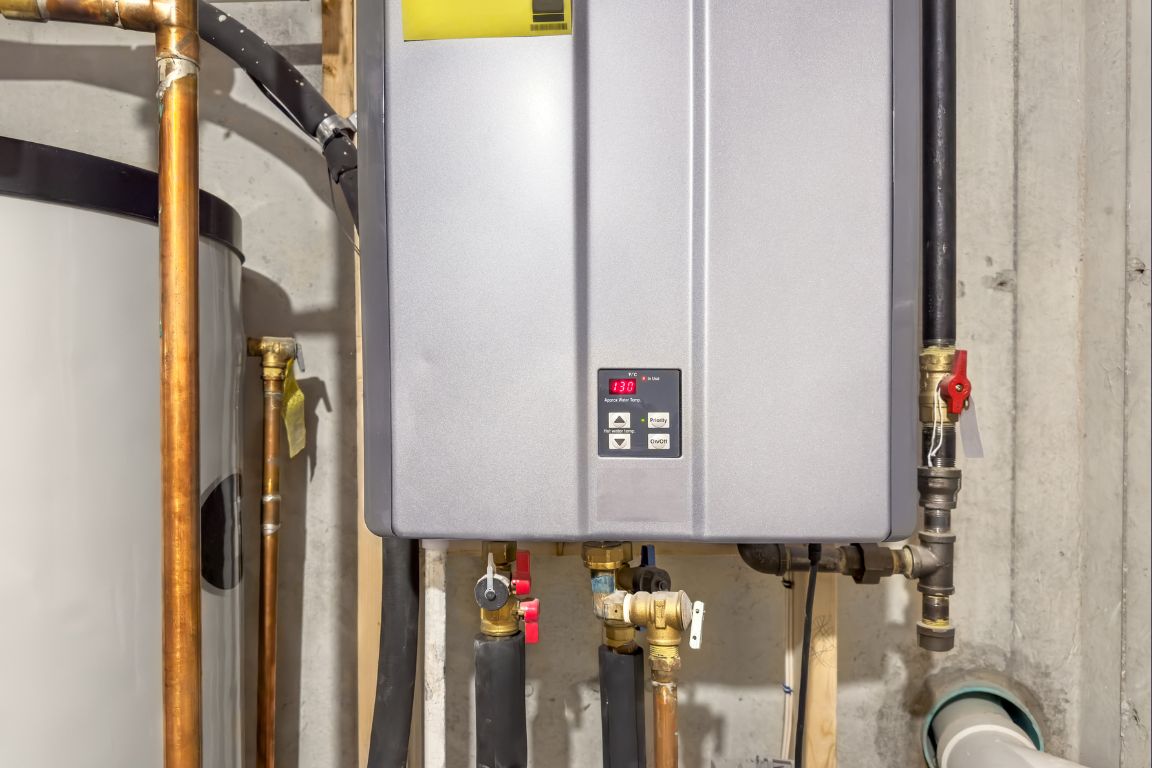
“I’ve only run across this a few times,” Jesse says, “but some tankless units have a minimum flow rate going through them before the system will kick on.”
Jesse notes an average minimum flow rate on these units at 0.4 GPM (gallons per minute). Our research team found examples ranging from 0.25 to 0.6 GPM on the market.
Minimum flow rates exist as a built-in failsafe against system overheating. Without a sufficient water flow into the system, the heat exchanger won’t activate.
If your tankless water heater doesn’t have mineral scaling or sediment buildup issues, check to see if there’s a minimum flow rate on the unit.
Minimum flow rate and home plumbing issues
On its own, a minimum flow rate isn’t a problem. However, it can cause low flow problems in your tankless system in conjunction with other water line plumbing issues.
“Say you turn on a bathroom faucet that already has a clogged aerator,” Jesse explains. “It’s not allowing a large enough flow rate through, and the tankless won’t kick in.”
How to Fix Low Flow Problems in Tankless Water Heaters
Our Master Plumber offers this advice to homeowners dealing with tankless water heater low flow problems:
If you have scale and sediment buildup issues:
- Call a licensed plumber who specializes in tankless water heater maintenance. Ask for diagnostics- you may not need repairs, just a thorough cleaning.
- Clean your inlet filter every 6-8 months.
- Schedule tankless descaling service every 6-8 months.
If your tankless unit has a minimum flow rate:
- Ensure that there’s no additional scaling in your system.
- Ask your plumber to inspect other plumbing features that affect hot water delivery- such as an aerator or shower cartridge. These may be limiting your water flow.
Avoid Low Flow Issues With Smart Tankless Maintenance
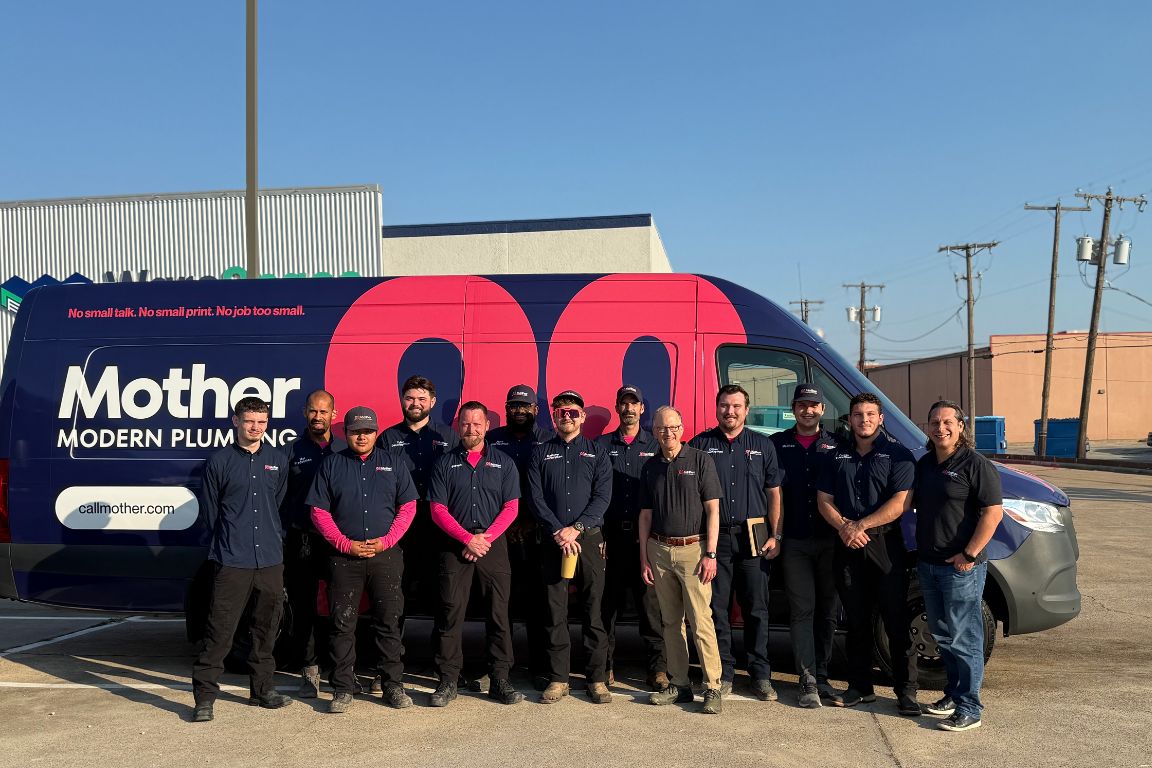
Every tankless water heater owner should have a maintenance checklist to keep their system running efficiently. This checklist should include tankless descaling, inlet filter cleaning, and inspecting the venting system for blockages.
Each of these routine maintenance tasks will reduce low flow problems in your tankless system. Conduct these every 6-8 months- you’ll notice stronger showers, better appliance performance, and lower energy bills.
Start your Dallas tankless maintenance program with Mother! Build a smarter plan around descaling service and keep your on-demand hot water flowing. Call us 7 days a week for fast scheduling.
{{tankless-descale="/services/tankless-descale"}}
Common Q’s about Water Heaters
How often should I descale my tankless water heater?
Perform tankless water heater descaling once every 6-12 months in most areas to eliminate mineral buildup in the system.
If you live in areas with extremely hard water- such as Dallas-Fort Worth- consider decaling your on-demand hot water heater every 6-8 months (roughly twice a year). Limescale is particularly hard on tankless units in our area.
How often should I replace the inlet filter on a tankless water heater?
This depends on the water quality in your area and your personal water usage rate. Most homeowners should replace the inlet filter every 6 months.
If your home uses a lot of water, or if you live in regions with extremely hard water (like North Texas), check your inlet filter every 4 months. Increased use and excessive mineral scaling have significant impact on the filter's lifespan.
What are the most common tankless water heater repair types?
A majority of tankless water heater repairs (especially in DFW) involve one of these six key issues:
- Descaling due to mineral buildup
- Ignition system issues (blocked sensors)
- Blockages of vents
- Faulty flow sensors
- Leaks from a damaged heat exchanger or valves
- Damaged gas flexes and closed valves (gas units)
Can I get a tax credit for a tankless water heater?
Yes, natural gas tankless water heaters installed between 2023 and 2032 are eligible for the EnergyStar Energy Efficient Home Improvement Tax Credit. It covers 30% of the total installation cost up to $600. ENERGY STAR rated tankless water heater models with ≥ 0.95 UEF are eligible.

